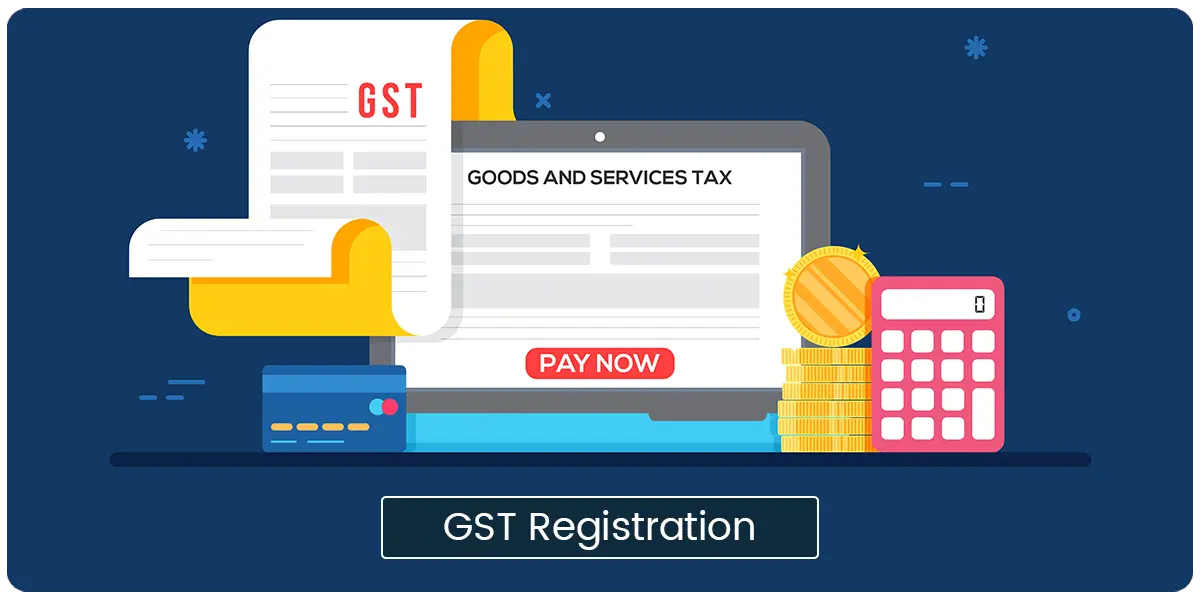 3 months GST 3B NIL return filing
3 months GST 3B NIL return filing
 3 months GST R1 NIL return filing
3 months GST R1 NIL return filing
 Phone /email support from a personal account manager
Phone /email support from a personal account manager
 Monthly GST Reminders on phone/email
Monthly GST Reminders on phone/email
 3 months GST 3B filing
3 months GST 3B filing
 3 months GST R1 filing
3 months GST R1 filing
 Phone/email support from a personal account manager
Phone/email support from a personal account manager
 GST payment support
GST payment support
 Monthly GST Reminders on phone/email
Monthly GST Reminders on phone/email
 6 months GST 3B filing
6 months GST 3B filing
 6 months GST R1 filing
6 months GST R1 filing
 Phone /email support from a personal account manager
Phone /email support from a personal account manager
 CA Guidance as & when required
CA Guidance as & when required
 2a/2b reconciliation
2a/2b reconciliation
 GST payment support
GST payment support
 E way bill guidance if required
E way bill guidance if required
 Monthly GST Reminders on phone/email
Monthly GST Reminders on phone/email
 12 months GST 3B filing
12 months GST 3B filing
 12 months GST R1 filing
12 months GST R1 filing
 Phone/email support from a personal account manager
Phone/email support from a personal account manager
 CA Guidance as & when required
CA Guidance as & when required
 GST challan creation & payment support
GST challan creation & payment support
 2a/2b reconciliation
2a/2b reconciliation
 Monthly GST Reminders on phone/email
Monthly GST Reminders on phone/email
 Annual GST return filing ( GST R9)
Annual GST return filing ( GST R9)

The Goods and Services Tax (GST) is one of the most significant tax reforms in India. Introduced in July 2017, GST replaced multiple indirect taxes with a single, unified tax regime. Any business or individual involved in the supply of goods or services is required to register for GST under the Indian tax laws. GST registration is mandatory once your turnover exceeds a certain threshold, and it grants you legal recognition as a supplier of goods or services. For businesses in India, understanding the process and benefits of GST registration is essential for smooth operations and compliance with the law.
This article is a detailed guide to GST registration in India. It covers everything you need to know—from the basics of GST, eligibility criteria, the registration process, documents required, benefits, challenges, and more.
The Goods and Services Tax (GST) is a value-added tax levied on the supply of goods and services in India. It is a comprehensive, destination-based tax that is levied at every stage of the supply chain, with credit allowed for tax paid on inputs. GST is divided into three categories:
The introduction of GST aimed to eliminate the cascading effect of taxes and create a seamless flow of tax credit across the country, thereby reducing the tax burden on businesses and consumers alike.
GST registration is crucial for any business or individual engaged in the supply of goods or services in India. Here are some key reasons why GST registration is important:
Legal Compliance: Any business with a turnover exceeding the threshold limit must register for GST. Non-compliance can result in penalties and legal action.
Input Tax Credit (ITC): A registered entity can claim ITC on purchases, reducing its overall tax liability.
Improved Business Credibility: Having a GST registration enhances your business’s credibility, especially when dealing with larger businesses or government contracts.
Expansion Opportunities: GST registration allows businesses to expand their operations beyond state borders, as GST is a uniform tax across the country.
Eligibility for E-commerce: Businesses selling goods or services through online platforms must register for GST, irrespective of turnover.
Several categories of businesses and individuals are required to apply for GST registration in India. Here are the primary entities that must register:
Businesses with Turnover Above the Threshold Limit:
Voluntary Registration: Businesses with a turnover below the threshold limit can opt for voluntary registration. This can be beneficial if you want to claim ITC or increase business credibility.
E-commerce Operators: Businesses selling goods or services online through platforms like Amazon, Flipkart, or Zomato must register for GST, regardless of their turnover.
Inter-State Suppliers: Businesses supplying goods or services to other states must register for GST, regardless of their turnover.
Casual Taxable Persons: Individuals or entities that occasionally supply goods or services must register for GST.
Agents of a Supplier: Agents representing suppliers must also register for GST.
Non-Resident Taxable Persons: Non-resident individuals or businesses supplying goods or services in India must register for GST.
To apply for GST registration in India, you’ll need to gather several documents, depending on your business type. Here’s a general list of documents required:
Click one of our representatives below to chat on WhatsApp or send us an email to sainiksuvidhahelp@gmail.com